Hyundai Motor Company Announces ₹4.77 Lakh Crore Global Investment Plan with India in Lead Role
Hyundai Motor Company has announced a massive ₹4.77 lakh crore global investment plan, signaling one of the boldest commitments in the global automobile industry. This investment focuses on electrification, sustainability, and innovation, with a clear roadmap extending to 2030. The most significant aspect of this announcement is that India will play a lead role in Hyundai’s future strategy, cementing its position as a critical hub for both production and design.

By 2030, Hyundai is targeting 5.55 million global sales, and what makes this figure even more impressive is that 60% of these sales will come from electric vehicles, which equals roughly 3.3 million EV units. This marks Hyundai’s strongest push yet toward becoming a global leader in EVs.
India has been chosen as a central part of this plan for multiple reasons. The country is now the third-largest car market in the world and is seeing rapid adoption of electric vehicles, supported by government policies, subsidies, and a growing charging infrastructure. Hyundai already has a significant market presence here, with models like the Creta, Venue, and Ioniq 5 gaining popularity. With this investment, India will now contribute not only as a major consumer market but also as a design, R&D, and production powerhouse.

One of the biggest milestones under this plan will be the development of Hyundai’s first locally designed electric vehicle in India. Until now, most of Hyundai’s models sold in the country were either global products adapted for India or locally manufactured versions of international designs. This new EV will be designed specifically in India, catering to Indian driving conditions, consumer preferences, and cost requirements. It will also reflect Hyundai’s strategy of giving more responsibility to its Indian R&D teams, signaling a shift in how global automakers are starting to view India as more than just a production base.
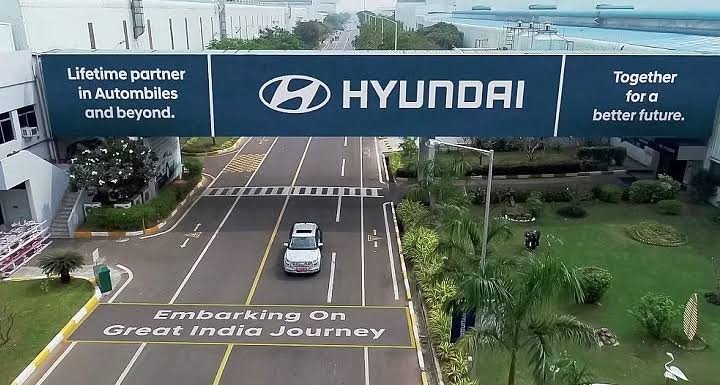
Hyundai’s new Pune hub will also be central to this investment. The facility, which came into Hyundai’s fold after its acquisition of a major plant, will undergo large-scale expansion to support EV production and localization of components. With battery manufacturing and assembly planned here, Hyundai aims to reduce costs and improve supply chain efficiency, making its EVs more affordable in the Indian market. Importantly, the Pune hub will not just serve India but will also act as a key global export base, shipping EVs and compact SUVs to international markets.
Globally, Hyundai’s EV strategy revolves around the IONIQ brand, which has already seen models like the Ioniq 5 and Ioniq 6 gain international recognition. As part of its ₹4.77 lakh crore investment, Hyundai plans to expand the Ioniq lineup, bring more advanced battery technologies, and even continue research into hydrogen fuel cell vehicles. India’s role will be to complement this global strategy with affordable EVs, compact SUVs, and localized production.
For Indian consumers, this move translates into multiple benefits. Firstly, the cost of EVs is expected to come down as Hyundai ramps up local manufacturing and reduces import dependence. Secondly, buyers will have access to a wider range of EVs, from compact SUVs aimed at mass buyers to premium electric models. Thirdly, Hyundai is expected to expand its charging and service network across India, ensuring better support for EV customers. With local production, delivery times for EVs are also likely to reduce, solving a major problem that currently exists in the premium EV space.
Hyundai’s ultimate goal is not just to sell cars but to redefine sustainable mobility. With a focus on innovation, electrification, and global expansion, its plan to achieve 5.55 million global sales by 2030 with 60% EV contribution places it among the most ambitious carmakers in the world. India’s role in this journey is crucial — from designing the first local EV to becoming a production and export hub, the country is positioned as one of Hyundai’s strongest growth engines.
Also Read: Top 10 Safest Cars in India – With Global NCAP Points (2025)
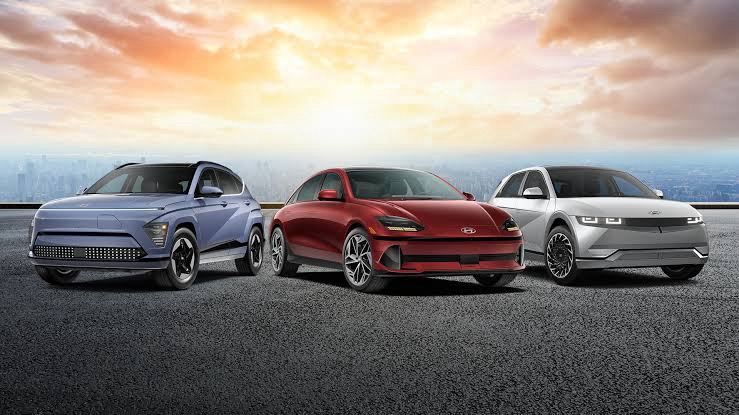





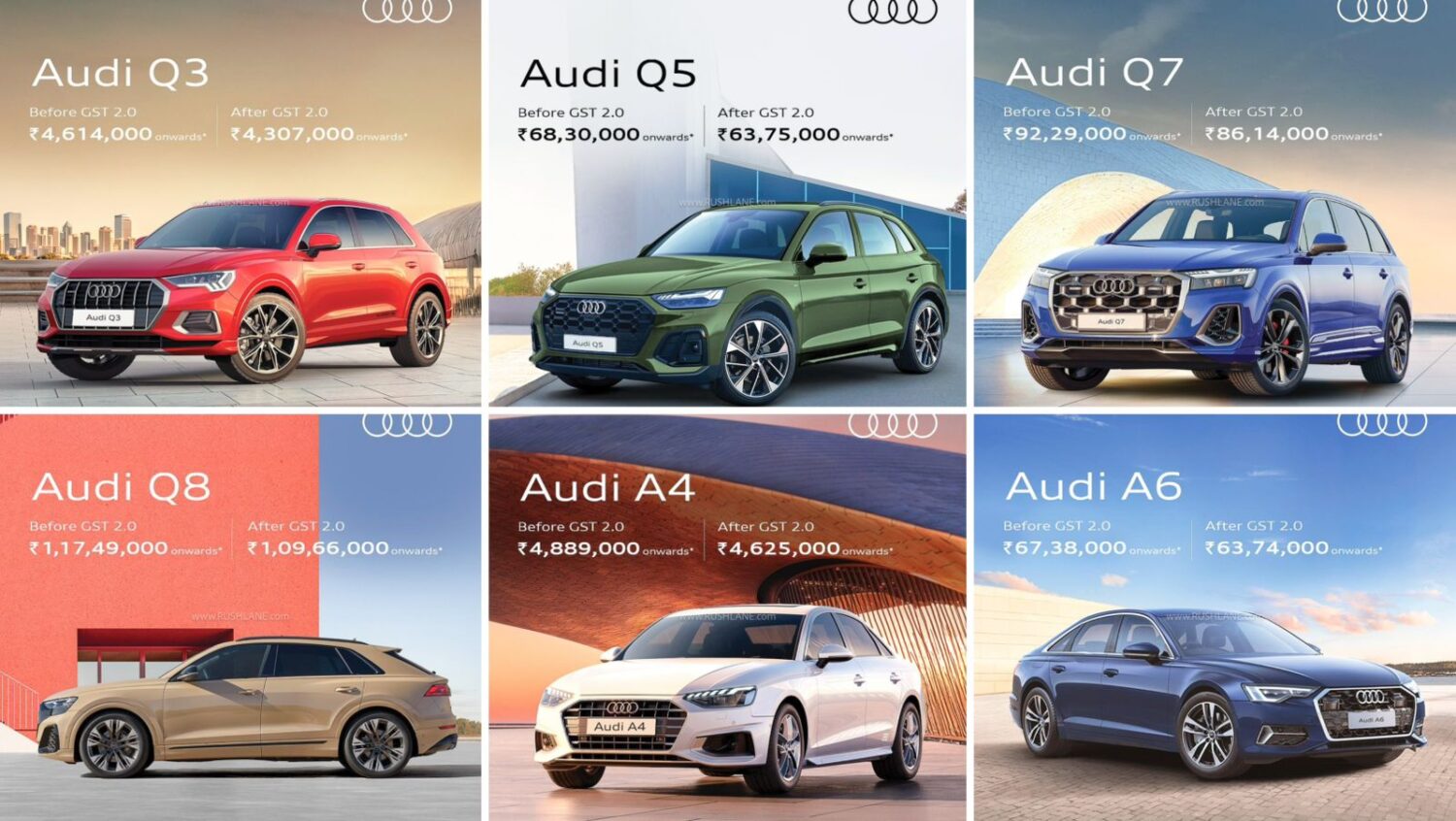

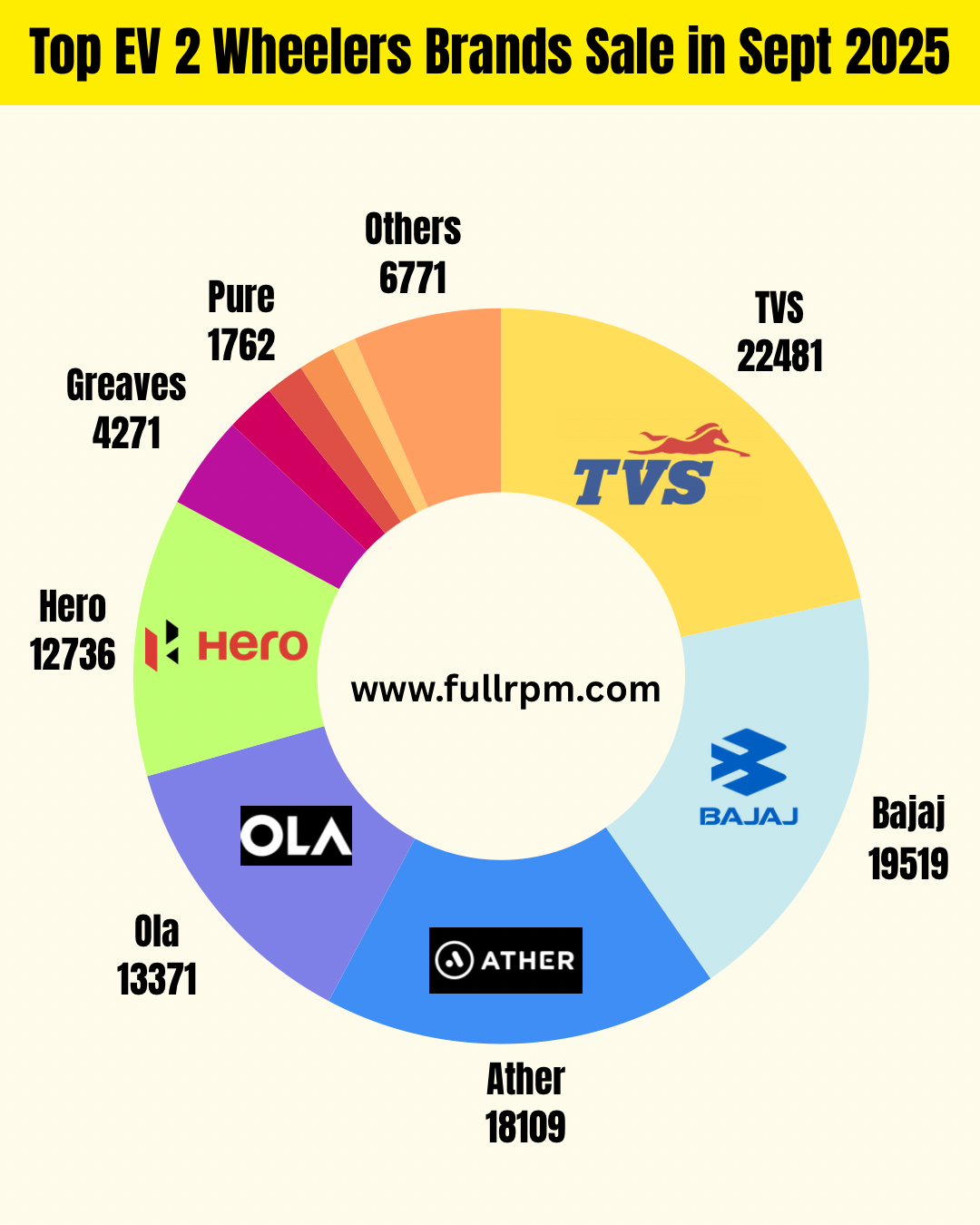


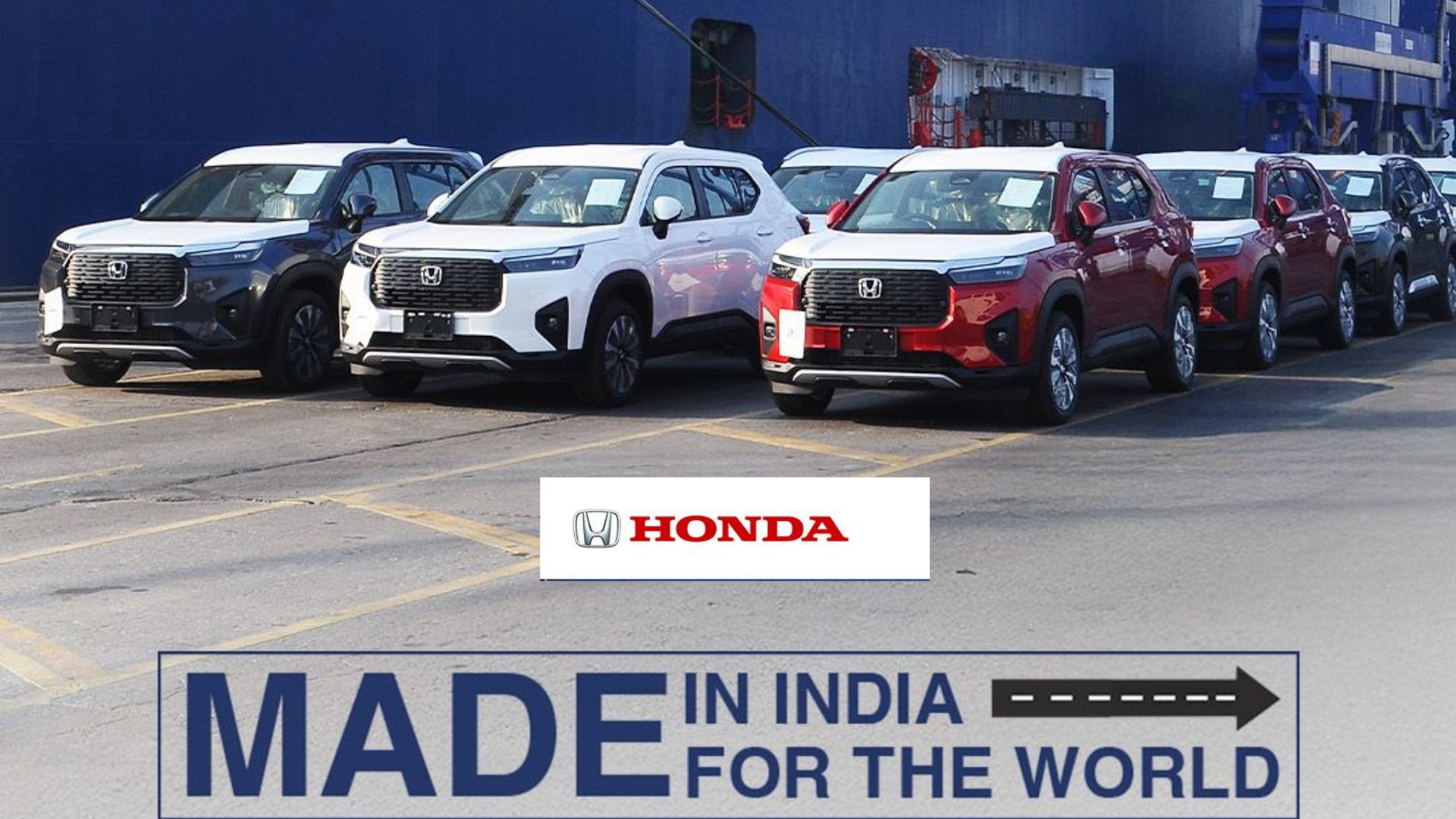
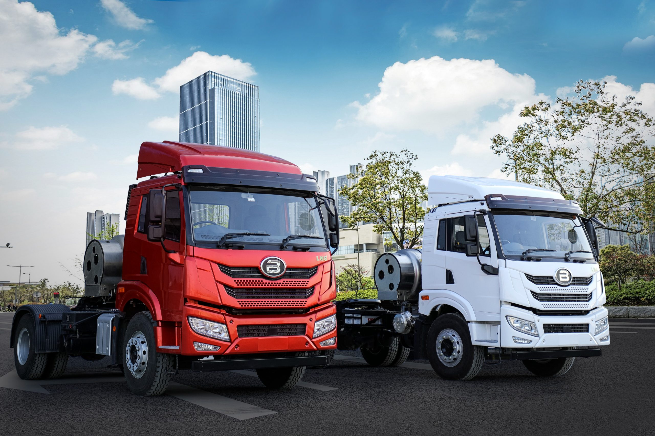



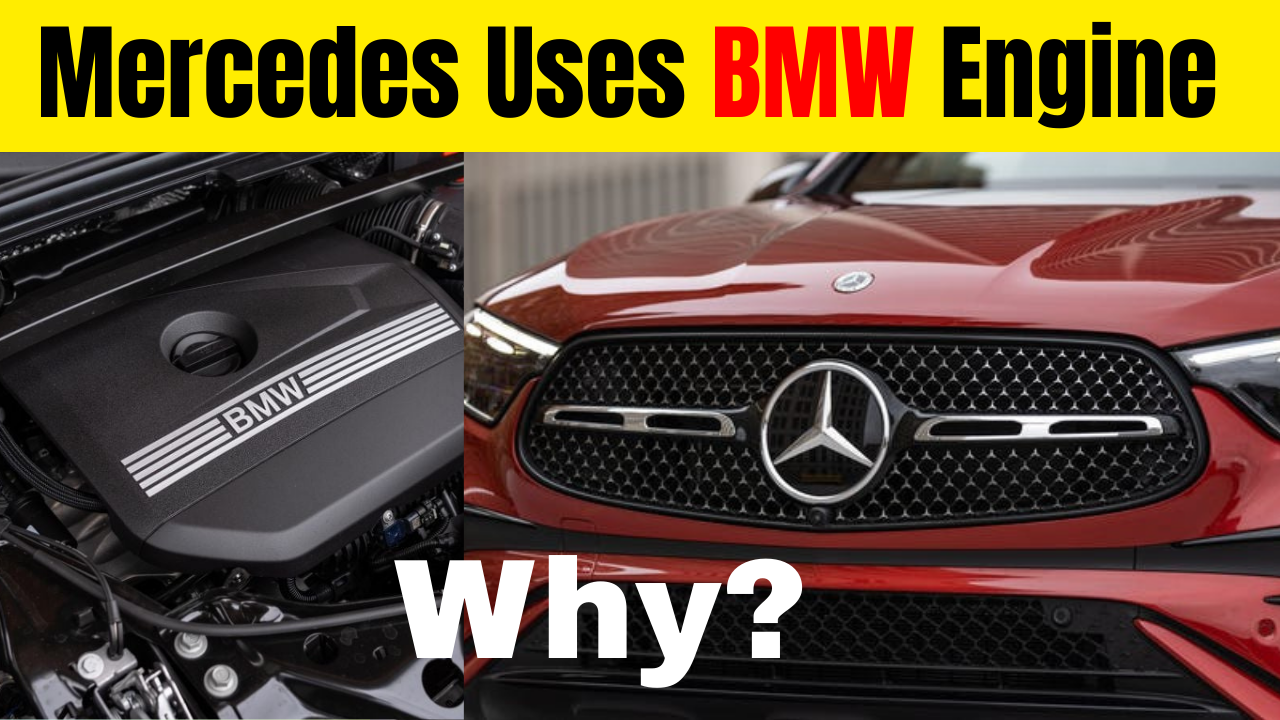


Leave a Reply